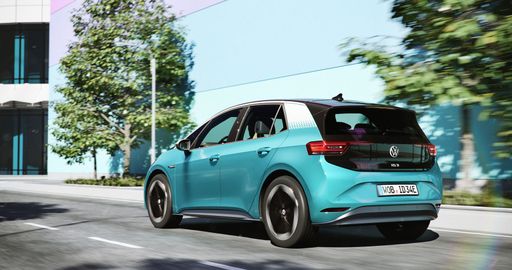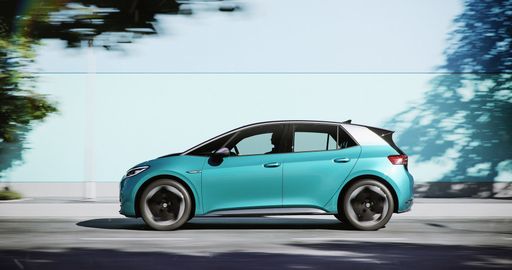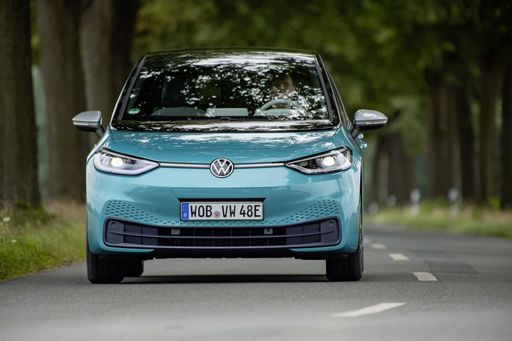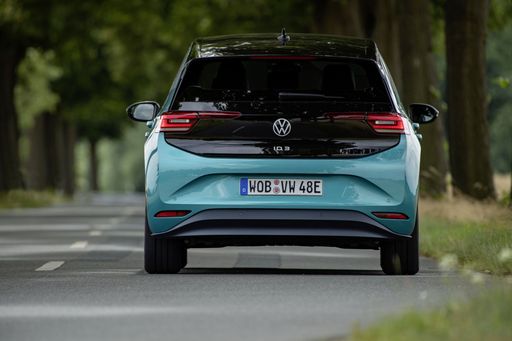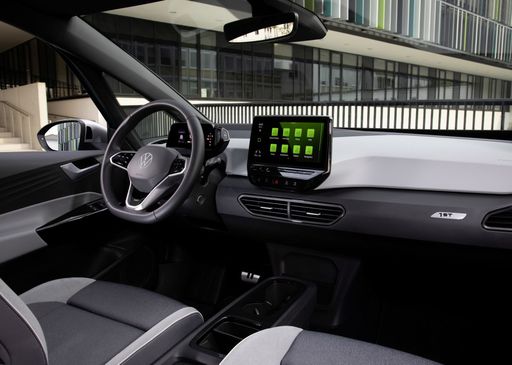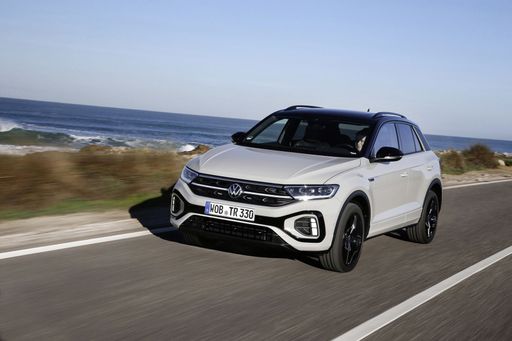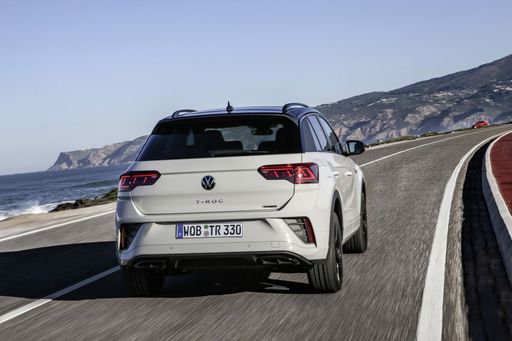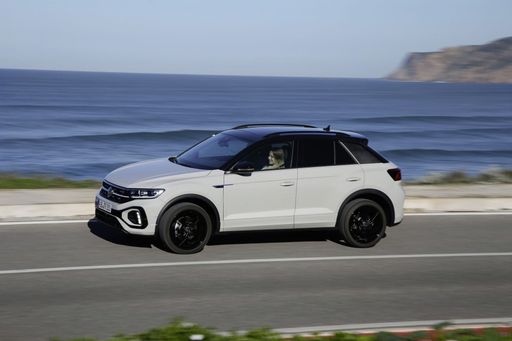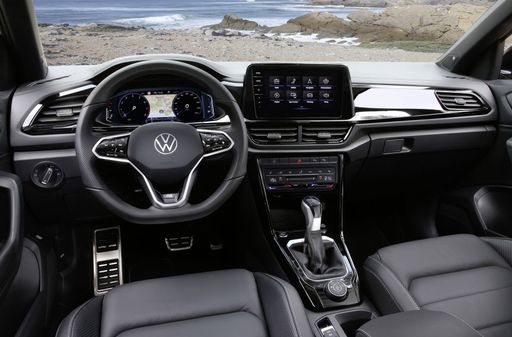VW ID.3 vs VW T-Roc: A Modern Clash of Green and Conventional
In the ever-evolving automotive world, Volkswagen stands out with its duo of modern marvels - the all-electric VW ID.3 and the versatile VW T-Roc. These vehicles cater to different driving needs but share a common lineage of innovation. Let's delve into how these two compare in terms of technology, efficiency, and practicality.


